Antibiotic-free or reduced antibiotic use in broiler production
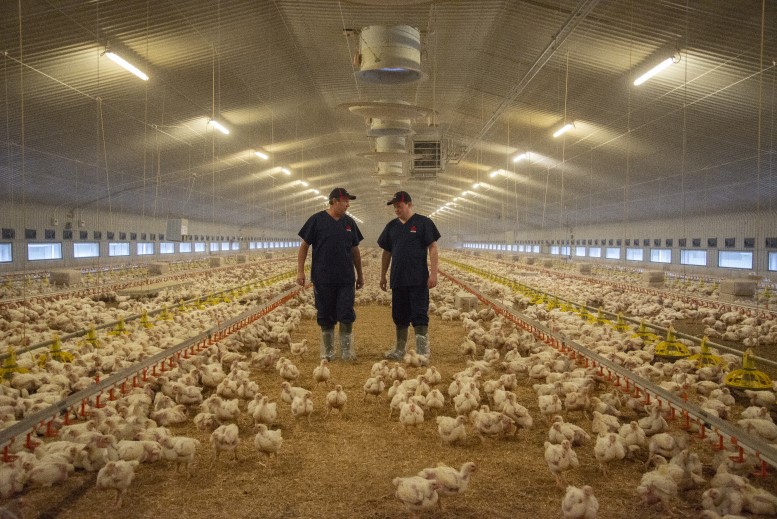
The use of antibiotics in food-producing animals has been the focus of a worldwide debate for over 50 years.
Sweden banned the use of growth-promoting antibiotics in 1986, and Denmark banned the use of avoparcin in 1995 and virginiamycin in 1998. Other countries, or their poultry industries, introduced voluntary bans around or after the year 2000.
By 2006, the European Union had banned the use of all antibiotic growth promoters in all member states. These bans were mandated based on a ‘Precautionary Principal’ that affirms that when the health of humans and the environment is at stake, it may not be necessary to wait for scientific certainty to take protective action.
Despite no clearly demonstrated relationship between animal production and specific adverse public health outcomes, there has been a progressively strong movement supporting the elimination of or stricter restrictions on the use of antibiotics in animal production. This concern results from the theoretical transfer of antibiotic resistance from animals used for food production to humans, potentially causing untreatable illnesses in people handling or consuming these products.
People also worry that poultry treated with antibiotics could have residues in chicken, turkey and table eggs. These concerns have been on the rise in the modern information age in which consumers seek more transparency in how food-producing animals are raised. It is important to note that legislation in many countries, such as in the United States and the European Union, requires extensive monitoring of meat products to ensure that antibiotic residues are not present in the food that reaches the marketplace.
One health – a holistic and multifactorial approach
To combat the threat of infectious diseases spreading between animals and people, the World Health Organization (WHO) recommended a holistic and multifactorial approach called ‘One Health’. One Health consists of a collaborative effort across many sectors and disciplines, implemented on a local, national, and global scale to achieve the best outcomes for people, animals, plants, and the environment. Figure 1 shows the connection between human, animal, and environmental health of this strategy, which is widely supported and considered necessary for controlling the spread of antibiotic resistance and ensuring the future of safe and sustainable animal food production.
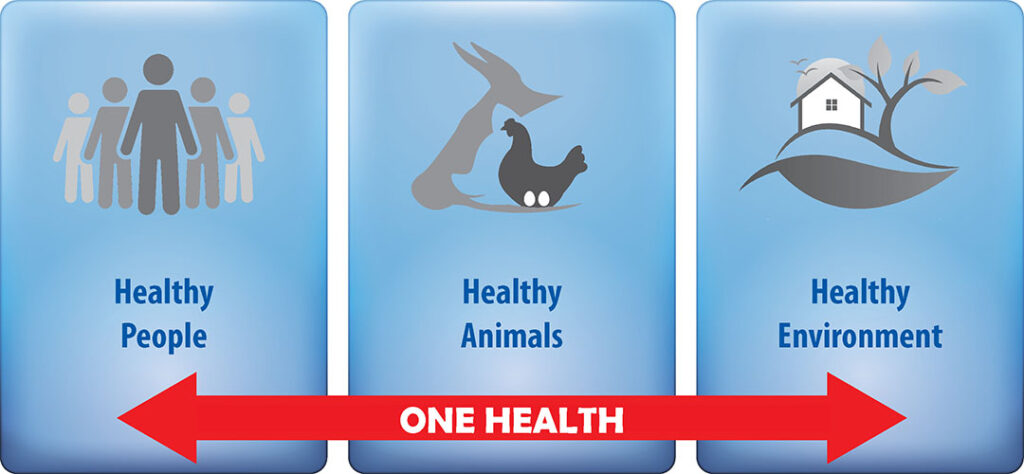
Antimicrobial resistance and alternative products
‘Antimicrobial’ is a term used to describe medications that work against various microorganisms such as bacteria, viruses, fungi, and parasites. ‘Antimicrobial resistance is a broader term used to describe resistance to medications against bacteria and other microorganisms such as fungi, parasites, and viruses. Therefore, antibiotic resistance is a component of antimicrobial resistance, regularly used in scientific and popular literature to refer to the emergent and growing threat of diverse resistant microorganisms besides bacteria.
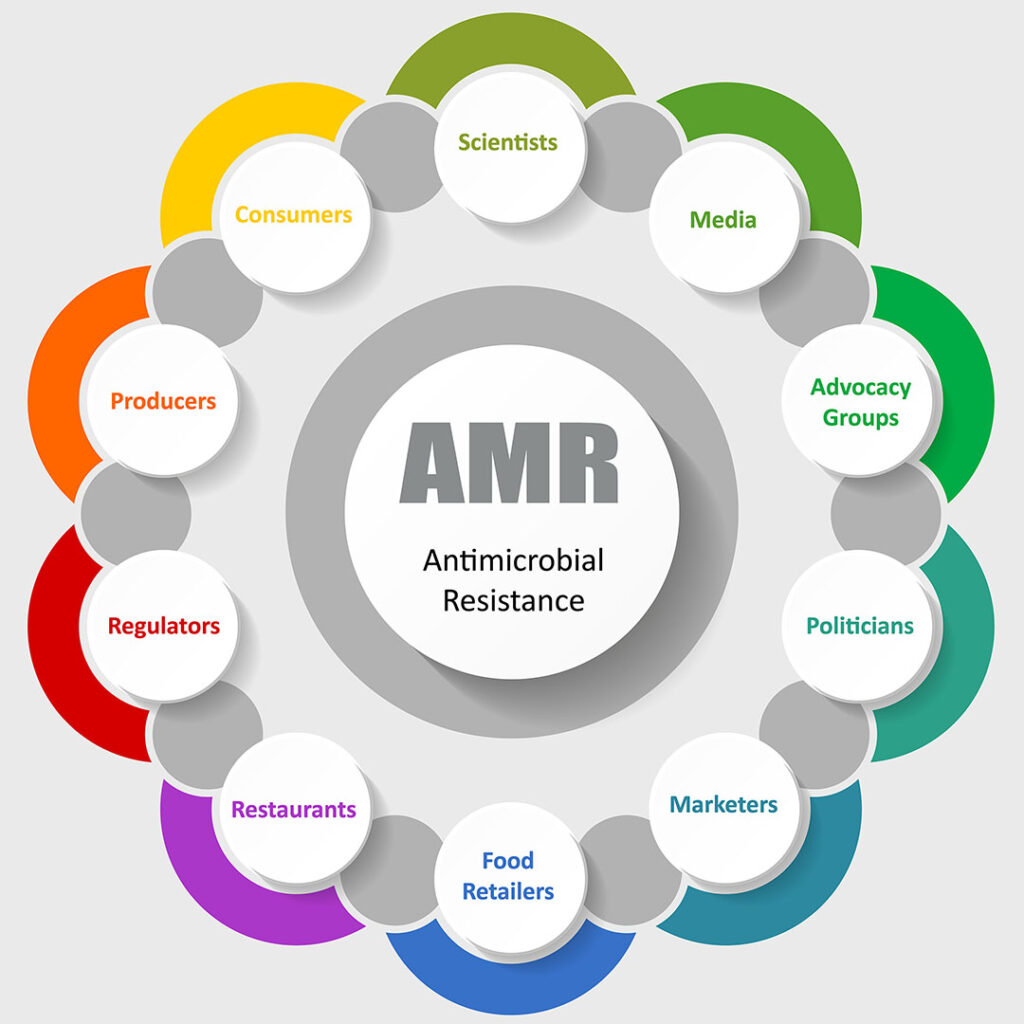
There is an increasing discussion about the potential dangers of animal food products contaminated with ‘superbugs’ that could cause severe illnesses. Although there has been limited evidence, recent documented episodes of foodborne disease attributed to poultry products have increased unfavourable perceptions and decreased consumer confidence. Consequently, this has captured the attention of specific sectors that are well attuned to customer demands and business opportunities. Regulatory agencies have set new restrictions and requirements, which continue to be updated and modified to ensure food safety. Figure 2 shows the main groups involved in the discussion and evolution of public opinion and perception.
Alternative products – a thriving new industry
There is rising interest in alternative products, which has created a thriving new industry and the availability of numerous products with various purported beneficial attributes that can be used in animals of all ages. Research and development of alternative products to reduce the need for and use of antibiotics in food animals have demonstrated some benefits. Although results vary, and further research is needed to maximise their benefits under different field conditions, alternative products are being used alone, or most commonly in combinations, by producers worldwide as part of comprehensive health management programmes.
A strong commitment from the poultry sector
Animal agriculture in general, and specifically poultry producers, have responded to public health concerns and consumer demands by implementing prudent guidelines for the judicious use of antibiotics and production strategies that eliminate or minimise the need for them. A new era characterised by significant antibiotic usage reduction and/or antibiotic-free poultry production has arrived. Today there is an even stronger commitment by producers and poultry professionals to protect public health and promote transparency and communication with customers.
Join 31,000+ subscribers
Subscribe to our newsletter to stay updated about all the need-to-know content in the poultry sector, three times a week. Beheer
Beheer
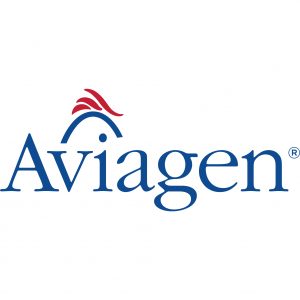

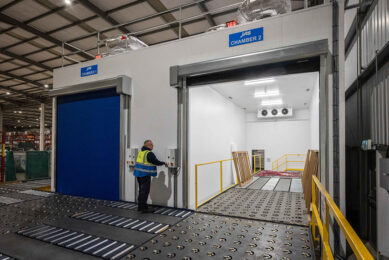
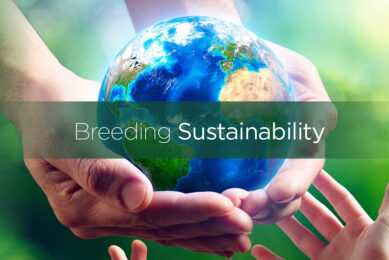
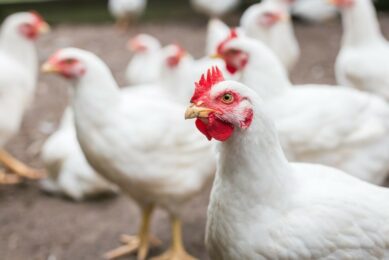
 WP Admin
WP Admin  Bewerk bericht
Bewerk bericht